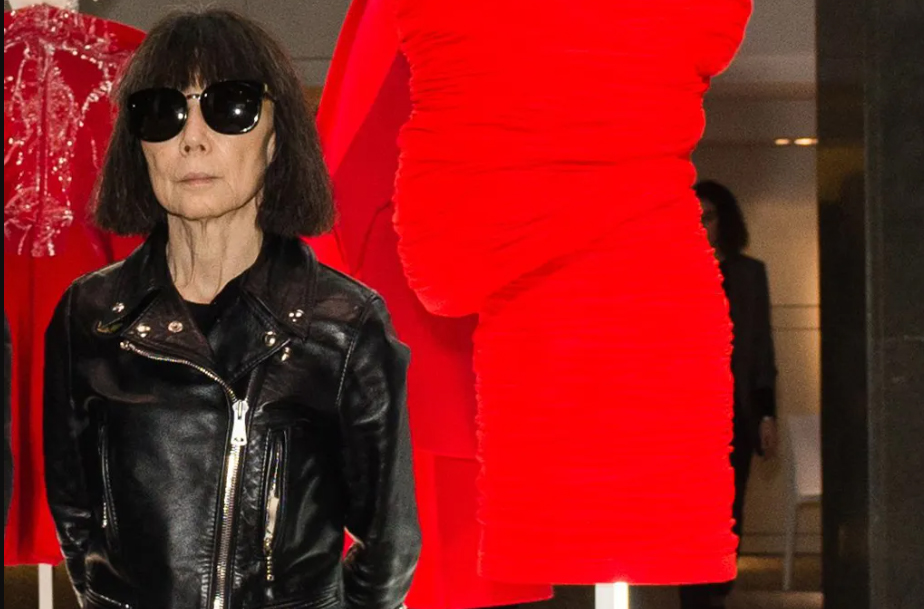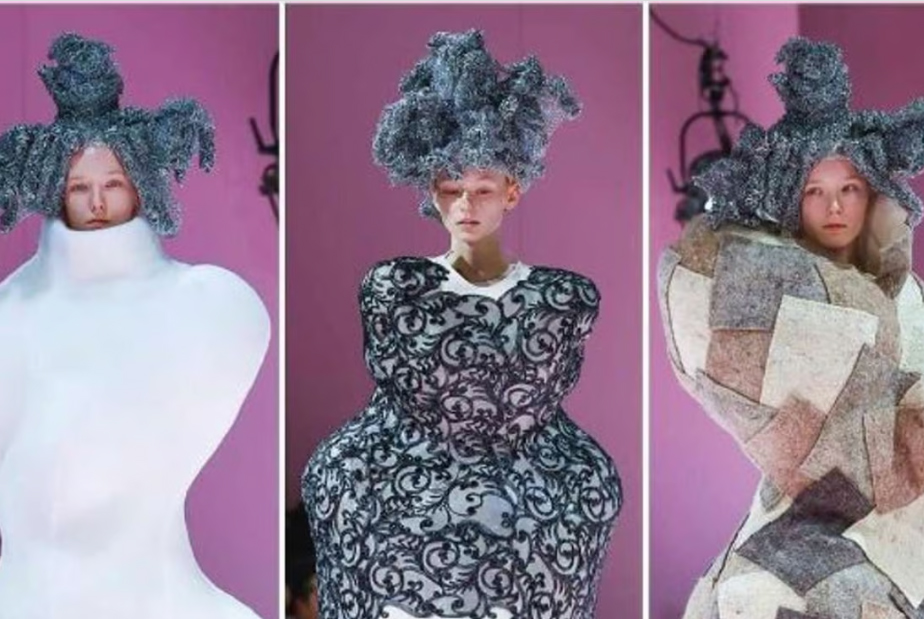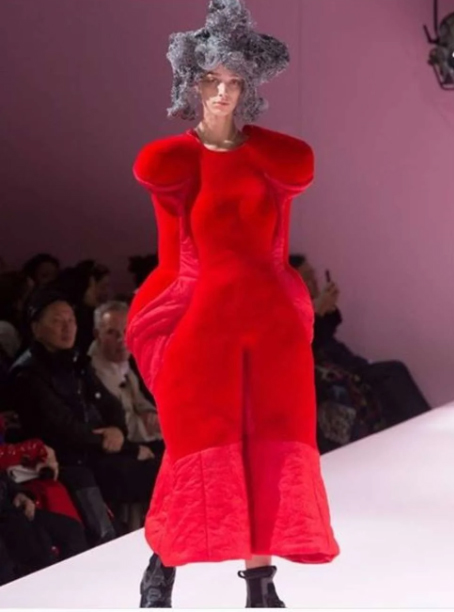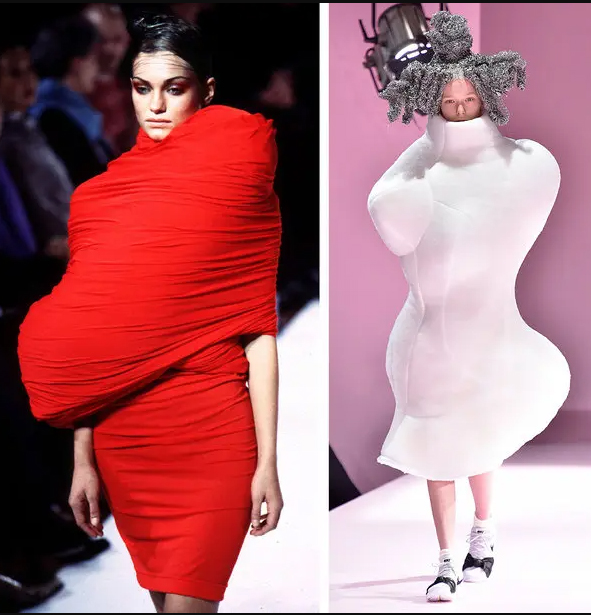
bonyadi magazine
Comme des Garcons: The Shape of Things to Come
A few months before his solo exhibition at the Met Museum in New York, Rei Kawakubo presented a collection of surreal womenswear that reflected today's tense political climate and fashion's identity crisis
www.nytimes.com/2017/04/28/t-magazine/fashion/rei-kawakubo-comme-des-garcons-themes.html
Japanese designer Rei Kawakubo just held another epic show in Paris. The mastermind behind iconic fashion brand Comme des Garçons is the first living designer since 1983 to exhibit a solo retrospective at the Costume Institute at the Metropolitan Museum of Art in New York. The show, Rei Kawakubo/Comme des Garçons: Art of the In-Between (from May 4 to September 4, 2017), also marks her as the first living female fashion designer to have a solo exhibition at the museum. to give
Curator Andrew Bolton explains that Kawakubo, widely regarded as one of the most relevant and forward-thinking female designers since her debut in Paris in the early 80s, admits that she never saw her work as a trend-focused creative expression. did not think In fact, her borderline take on fashion seems to come naturally, almost instinctively

What I have always been interested in is clothes that have never been seen before, are completely new and how they can be expressed. Is this called fashion? I don't know the answer," he told Bolton

The designer's Fall/Winter 2017-18 show was further proof that Kawakubo's work transcends the definition of fashion as we know it, blurring the lines between contemporary art and ready-to-wear to reflect concepts of identity and spirituality. , beauty and body and finally posing existential questions about fashion
Whether these questions were intended or the result of viewers' own interpretations may not even be relevant. What matters most are the mind games that Kawakubo (unconsciously) conjures as he sends a range of voluminous, stunningly shaped garments down the runway to a haunting soundtrack: less couture and more artistic sculpture

This time his creations are made from unusual materials such as papier mache, insulation and mattress fabric, in addition to copious amounts of felt, lace and leather. The models—including Anna Cleveland, who gave a delightful performance—were fully clothed in heavy, sculpted clothes—surreal, to say the least
The models appeared disoriented as they slowly walked in different directions on the white catwalk that served as the runway, sometimes stopping at a corner or turning around, before exiting backstage to stare blankly at the audience
This catwalk performance is somehow reminiscent of the feeling we might have while watching Edvard Munch's The Scream or one of the many curvy nannies of Niki de Saint-Phale. This reflection was telling about how our identity, our body and soul, our understanding of ourselves is being reshaped, or drastically reshaped, when under pressure from the outside world










